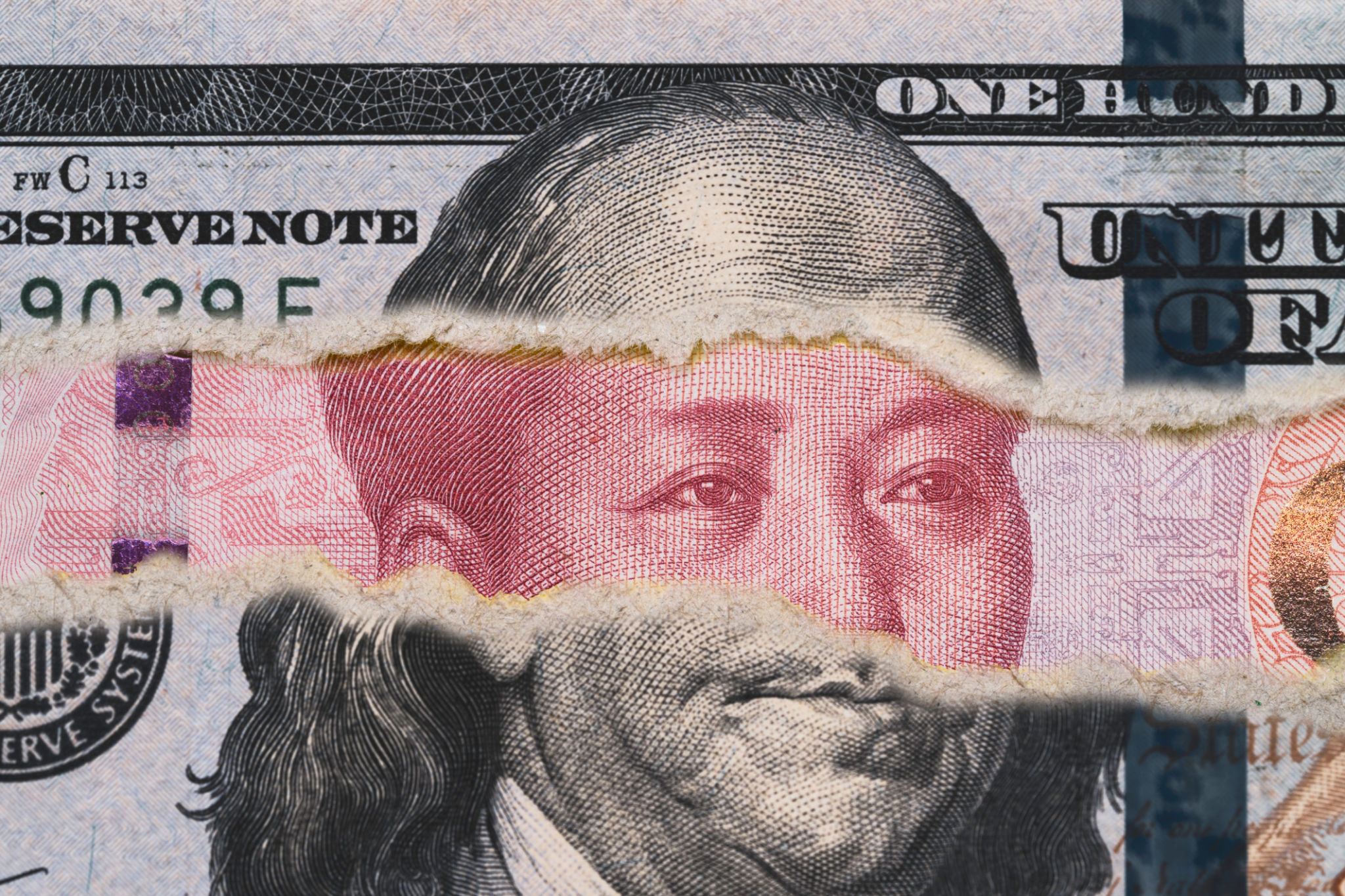Bitcoin vs Fiat: A Strategic Battle in the World of Currency
The Rise of Bitcoin
Over the past decade, Bitcoin has emerged as a revolutionary force in the world of currency. Launched in 2009, this digital currency promised to offer a decentralized alternative to traditional fiat money. Unlike fiat currencies, which are issued and regulated by governments, Bitcoin is underpinned by blockchain technology, ensuring transparency and reducing the risk of fraud.
Bitcoin’s appeal lies in its limited supply; there will only ever be 21 million Bitcoins in existence. This scarcity, combined with the increasing demand for decentralized finance, has driven its popularity and value. Investors are drawn to Bitcoin as a hedge against inflation and as a potential high-return asset.

The Stalwart Fiat System
Fiat currencies have been the backbone of the global economy for centuries. These government-issued currencies, such as the US Dollar or Euro, are trusted due to their long-standing stability and acceptance worldwide. Fiat money is crucial for facilitating international trade and economic policymaking.
One of the key strengths of fiat currency is its ability to be regulated by central banks. These institutions can influence the economy by adjusting interest rates and controlling money supply, helping to stabilize economies during financial crises. This flexibility is something that Bitcoin currently lacks.

Comparative Advantages
The debate between Bitcoin and fiat currency often focuses on several key factors:
- Decentralization: Bitcoin offers a decentralized system free from government control, which appeals to those wary of centralized financial systems.
- Stability: Fiat currencies provide stability and reliability, making them ideal for everyday transactions.
- Inflation: While fiat currencies are prone to inflation, Bitcoin’s limited supply offers a potential safeguard against it.
However, it is important to note that each currency has its unique benefits and challenges, making their coexistence valuable in a diversified financial landscape.
Security Concerns
Both Bitcoin and fiat currencies face security challenges, but in different ways. Bitcoin’s reliance on digital technology makes it vulnerable to cyber-attacks and hacking incidents. The anonymity of transactions can also facilitate illicit activities, raising concerns among regulators.
Conversely, fiat currencies are susceptible to counterfeiting and require expensive measures to ensure their security. Additionally, centralized systems can be targets for financial fraud and corruption.

The Future of Currency
As technology continues to evolve, the future of currency remains an intriguing topic. Will Bitcoin become a widely accepted form of payment, or will it remain primarily an asset for investment? Can fiat currencies adapt to the digital age while maintaining their stability?
The integration of digital currencies into mainstream finance is already underway, with several countries exploring Central Bank Digital Currencies (CBDCs) as a bridge between traditional fiat and digital assets.
Conclusion
The strategic battle between Bitcoin and fiat currency is not about choosing one over the other but understanding how they can complement each other. Both have distinct roles in the global economy, offering unique opportunities for diversification and innovation.
In embracing both systems, individuals and businesses can leverage their strengths to navigate an ever-changing financial landscape. The future may see a hybrid model where digital currencies coexist with fiat money, providing flexibility and resilience in an interconnected world.
Bitcoin vs Fiat — A Game of Chess
In the game of chess, every piece has its rules. Kings are slow, queens are powerful, pawns seem weak — until one crosses the board.
Fiat currency is like playing chess where one player cheats.
They print extra queens mid-game. They change the rules after you’ve made your move. And no matter how skilled you are, your opponent controls the board.
Bitcoin is chess — but fair. Immutable rules. No hidden hands. No inflationary shortcuts.
It rewards strategy, foresight, discipline. It’s not about winning by printing more — it’s about outplaying, outlasting, outthinking.
In fiat, central banks are kings. In Bitcoin, rules are king — and no one is above them.
Choose the game that honors your time, your effort, your freedom.
Play Bitcoin. Not monopoly.